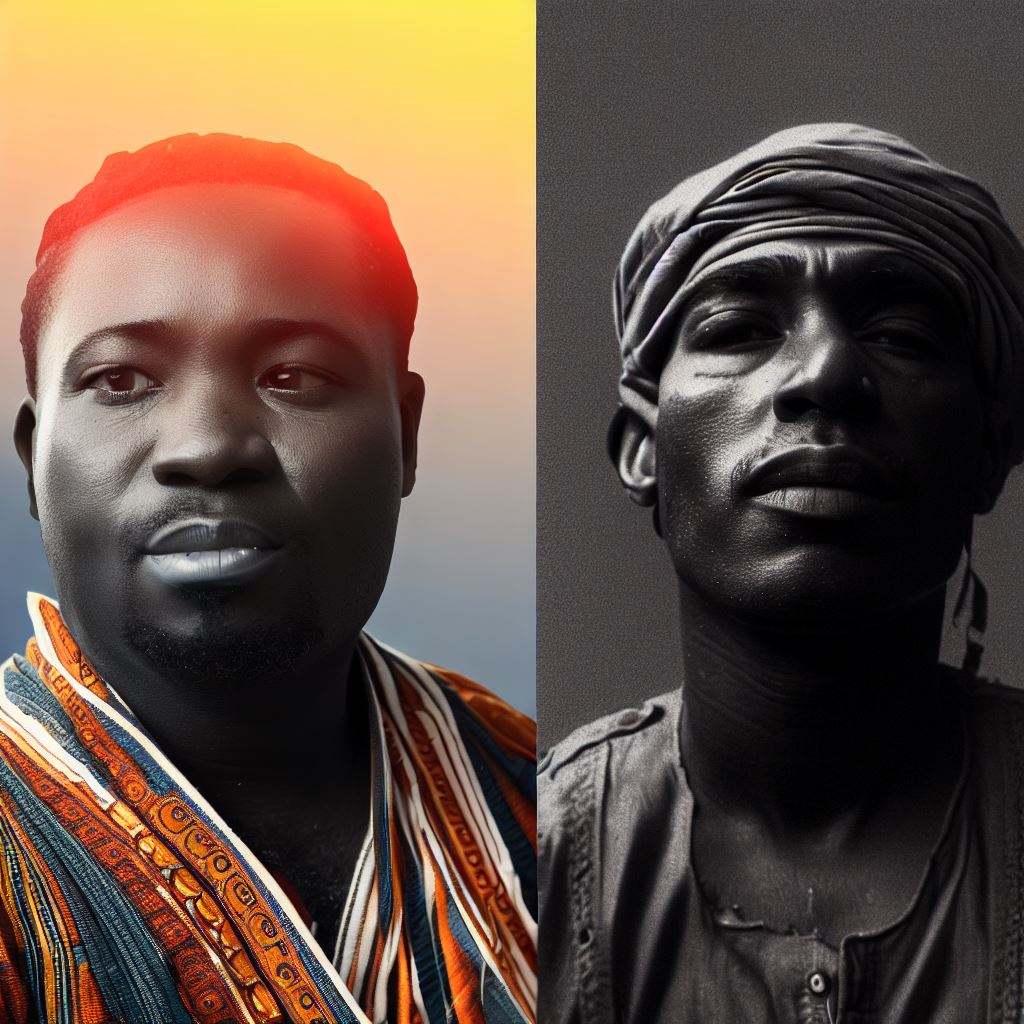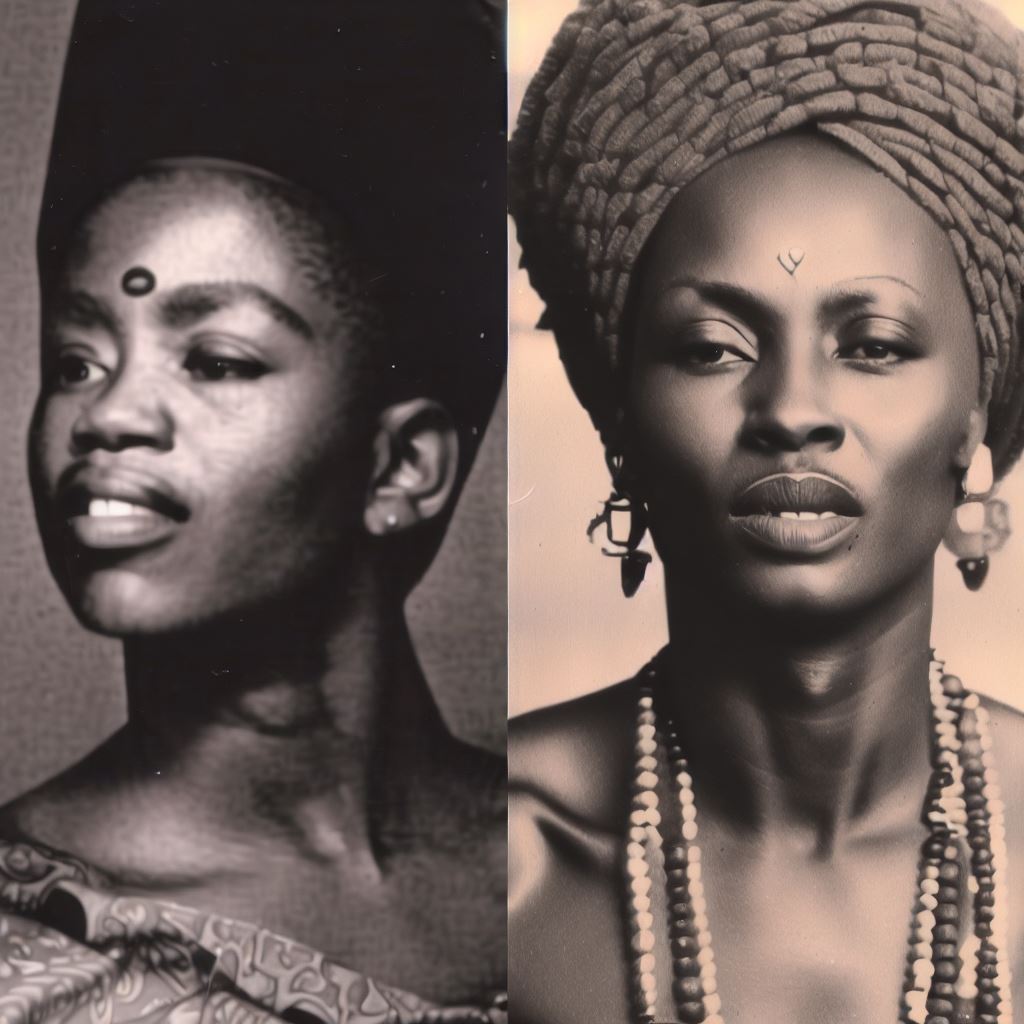Introduction
Let’s explore guide to licensing for film composers in Nigeria.
Film composing involves creating original music to enhance the emotion and storytelling of a film.
In the vibrant tapestry of Nigeria’s burgeoning film industry, music stands as a potent storyteller, weaving emotions, moods, and narratives into the very fabric of cinematic experiences.
Behind this powerful auditory narrative lies the indispensable role of film composers, whose artistry breathes life into the visuals, enhancing the viewer’s immersion and emotional connection.
This guide embarks on a comprehensive journey through the intricacies of licensing for film composers in Nigeria, illuminating the essential steps, legal frameworks, and artistic considerations that shape this dynamic process.
We delve into the unique challenges faced by composers, shedding light on the pathways that lead to successful collaborations and enduring partnerships within the industry.
Licensing is crucial for film composers as it protects their rights and ensures proper compensation for their work.
From navigating copyright laws to understanding the nuances of synchronization and performance rights, this guide equips composers with the knowledge and tools to not only protect their creative works but also thrive in an environment where the demand for original and culturally resonant music is ever-expanding.
As we navigate through this guide, we will unravel the layers of a composer’s journey, exploring the fusion of artistry and legal acumen that culminates in the creation of evocative, unforgettable soundtracks.
Join us on this expedition into the world of licensing for film composers in Nigeria, where creativity converges with legal expertise to forge a path towards enduring musical excellence.
The Nigerian film industry, also known as Nollywood, is the second-largest film industry in the world, producing thousands of films annually.
Understanding Copyright and Music Licensing
A crucial aspect of being a film composer in Nigeria is understanding the ins and outs of copyright and music licensing.
This knowledge is essential for protecting your work and ensuring that you are properly compensated for your compositions.
In this section, we will explore the definition and importance of copyright, different types of music licenses relevant to film composers, and the significance of acquiring proper licenses for film compositions.
Definition and Importance of Copyright
Copyright is a legal right that grants creators exclusive control over the use and distribution of their original works.
In the context of film composition, it protects your music from being used or reproduced without your consent or without proper compensation.
By obtaining copyright for your compositions, you have the power to license your music and generate income from its usage.
Different Types of Music Licenses Relevant to Film Composers
As a film composer in Nigeria, there are several types of music licenses that you should be aware of:
Mechanical licenses
These licenses cover the reproduction and distribution of your music.
When your compositions are used on physical formats like CDs or digital downloads, a mechanical license ensures that you receive royalties.
Synchronization licenses
Synchronization licenses are necessary when your music is used in conjunction with visual media, such as films or TV shows.
This type of license grants the right to synchronize your music with the visuals.
Performance licenses
Performance licenses come into play when your compositions are performed publicly, either in live settings or through platforms such as radio, television, or streaming services.
These licenses ensure that you receive royalties for the public performance of your music.
Importance of Acquiring Proper Licenses for Film Compositions
Obtaining proper licenses for your film compositions is of utmost importance for several reasons:
- Legal protection: Acquiring licenses ensures that you are legally protected and have the right to control the use and distribution of your music. It prevents unauthorized usage and gives you the ability to take legal action if needed.
- Monetary compensation: By licensing your music, you can generate income from its usage. Royalties and fees received from licenses become an essential source of revenue for film composers, allowing them to sustain their careers and invest in future projects.
- Professional reputation: Adhering to proper licensing practices showcases your professionalism and commitment to your craft. It demonstrates that you value your work and the rights of others, enhancing your reputation within the industry.
In short, understanding copyright and music licensing is vital for film composers in Nigeria.
It enables you to protect your work, earn monetary compensation, and uphold your professional reputation.
Acquire licenses for your film compositions to thrive in your career while safeguarding your creative rights.
Read: Pioneering Female Film Composers in Nigeria
Steps to Obtain Music Licenses in Nigeria
Researching the relevant laws and regulations
To begin the process of obtaining music licenses in Nigeria, it is crucial to thoroughly research the necessary laws and regulations. This will ensure that composers understand the legal requirements and obligations they must meet.
Identifying appropriate music organizations or collective management societies
Once composers have familiarized themselves with the laws and regulations, they should identify the appropriate music organizations or collective management societies in Nigeria.
These entities are responsible for overseeing the licensing and distribution of music in the country.
Submitting necessary documentation and application forms
After identifying the relevant organizations, composers must gather and submit all the necessary documentation and application forms required for obtaining music licenses.
This may include proof of ownership of the composition, identification documents, and any other relevant information.
Understanding the process of evaluation and approval
Once the application is submitted, the licensing authorities will evaluate the composer’s submission.
It is important to understand the process of evaluation and approval, as it may involve reviewing the composition, assessing its originality, and ensuring it complies with copyright laws.
Paying the required fees and royalties
After the music license application is approved, composers must pay the required fees and royalties.
These payments are essential for compensating the rights holders and contributing to the development of the music industry in Nigeria.
By following these steps, film composers in Nigeria can ensure they acquire the necessary music licenses to legally use their compositions.
This not only protects their intellectual property but also fosters a thriving and sustainable music industry in the country.
Obtaining music licenses is paramount.
It not only protects composers’ rights but also supports the growth of the music industry as a whole.
By understanding and adhering to the licensing process, film composers in Nigeria can contribute to the industry’s development and create a vibrant creative environment.
In fact, the process of obtaining music licenses in Nigeria involves several steps.
These include researching the relevant laws and regulations, identifying the appropriate music organizations, submitting the necessary documentation and application forms, understanding the evaluation and approval process, and paying the required fees and royalties.
Adhering to these steps safeguards film composers legally and fuels Nigeria’s music industry growth.
Read: The Changing Trends in Nigerian Film Music

Challenges and Solutions for Film Composers in Nigeria
Nigeria’s film industry, also known as Nollywood, has experienced remarkable growth over the years.
However, film composers in the country face various challenges when it comes to licensing their work.
In this section, we will explore these challenges and propose potential solutions.
Lack of awareness among composers regarding licensing
A significant challenge faced by composers in Nigeria is the lack of awareness regarding licensing.
Many composers are unaware of the importance of licensing their compositions and the requirements involved.
To address this issue, it is crucial for composers to educate themselves on licensing requirements.
Composers should familiarize themselves with copyright laws and regulations to protect their works effectively.
Mastering the licensing process ensures legal use, leading to fair recognition and compensation for composers.
One way for composers to gain knowledge on licensing is by utilizing online resources and seeking legal advice.
Various websites and platforms offer valuable information on music licensing, including the specific requirements and procedures in Nigeria.
Composers can access these resources to understand the necessary steps involved in licensing their work.
Additionally, seeking legal advice from professionals in the field can provide composers with expert guidance tailored to their specific needs and circumstances.
Limited access to licensing infrastructure and platforms
Another challenge faced by film composers in Nigeria is the limited access to licensing infrastructure and platforms.
The lack of established licensing organizations and networks makes it difficult for composers to find appropriate avenues for licensing their music.
To overcome this challenge, composers can seek collaborations with licensing organizations.
By partnering with established entities, composers can gain access to licensing platforms and infrastructure, expanding their opportunities for licensing their work.
In addition to traditional licensing platforms, composers can also explore digital platforms and distribution networks.
With the rise of streaming services and online content consumption, digital platforms have become increasingly popular for music licensing.
Composers can leverage these platforms to reach a wider audience and secure licensing opportunities.
Exploring these alternatives can help composers overcome the limited access to traditional licensing infrastructure and platforms in Nigeria.
Potential issues with piracy and unauthorized use of compositions
Piracy and unauthorized use of compositions are also potential challenges faced by film composers in Nigeria.
Illegal copying, distribution, and use of music without proper authorization or compensation can significantly impact composers’ livelihoods.
To combat piracy, composers need to take legal actions against copyright infringement.
This includes enforcing their rights through legal channels and seeking compensation for unauthorized use.
By actively protecting their works, composers can deter potential infringers and ensure that their music remains protected.
In addition to legal actions, promoting awareness and supporting anti-piracy initiatives are crucial steps in mitigating piracy issues.
Composers can participate in campaigns that educate the public about the consequences of piracy and the importance of respecting intellectual property rights.
By fostering a culture of respect and appreciation for original compositions, composers can contribute to a more supportive environment for licensing in Nigeria.
In general, film composers in Nigeria face various challenges when it comes to licensing their work.
Lack of awareness, limited access to licensing infrastructure, and potential piracy issues are some of the obstacles they encounter.
However, by educating themselves on licensing requirements, utilizing online resources, seeking collaborations, exploring digital platforms, taking legal actions against infringement, and promoting awareness, composers can overcome these challenges and secure their rightful place in the Nigerian film industry.
Read: Technology’s Role in Nigerian Film Composing
Find Out More: The Future of PR: Trends in Nigeria’s PR Industry
Benefits of Proper Licensing for Film Composers
Protection of intellectual property rights
- Proper licensing ensures that film composers’ intellectual property rights are protected.
- It prevents others from using their work without permission or giving them due credit.
- Copyright infringement can lead to financial losses and damage to the composer’s reputation.
- Licensing provides legal recourse in case of unauthorized use or plagiarism.
Generating revenue through royalties and licensing fees
- Licensing allows film composers to earn royalties and licensing fees for their work.
- Whenever their music is used in films or other media, they receive payments.
- Royalties can be a significant source of income and provide financial stability.
- Proper licensing ensures that composers are compensated fairly for their creative contributions.
Establishing professional credibility and reputation
- By obtaining proper licensing, film composers demonstrate their professionalism and commitment to their craft.
- It enhances their reputation within the industry and among their peers.
- Properly licensed composers are more likely to be trusted and sought after for future projects.
- Licensing is an essential step in establishing oneself as a reputable and credible film composer.
Expanding opportunities for international collaborations
- Proper licensing opens doors for film composers to collaborate with international filmmakers.
- It allows composers to work on projects from different countries and cultures.
- International collaborations provide exposure to a broader audience and diverse creative influences.
- By licensing their work, film composers can tap into global markets and expand their professional network.
In review, proper licensing for film composers in Nigeria brings several benefits.
It protects their intellectual property rights, generates revenue through royalties and licensing fees, establishes professional credibility, and expands opportunities for international collaborations.
Composers should prioritize licensing to safeguard their work, earn fair compensation, and build a successful career in the film industry.
Read: Nigerian Film Composers: Challenges and Triumphs
You Might Also Like: Animation Studios in Nigeria: A Director’s Guide
Conclusion
It not only protects their work from unauthorized use but also ensures they receive the recognition and financial compensation they deserve.
By obtaining proper licenses, composers can build a strong foundation for their careers and contribute to the growth of the Nigerian film industry.
Publish Your Professional Profile, Business or Brand
Showcase your expertise, gain trust, and boost visibility instantly on Professions.ng.
Publish NowIt is essential for composers to understand the significance of licensing and the value it brings to their profession.
By prioritizing the acquisition of proper licenses, they can safeguard their intellectual property and establish themselves as professionals in the industry.
This opens doors for opportunities and collaborations with reputable filmmakers and production companies in Nigeria and beyond.
The Nigerian film industry has immense potential for growth, both domestically and internationally.
With a strong focus on licensing, composers can play a significant role in this development.
As the industry continues to evolve and gain global recognition, composers have the opportunity to contribute their unique talents and creativity, further raising the bar for Nigerian cinema.
To fully harness the potential of the Nigerian film industry, it is crucial for composers to embrace licensing as an integral part of their careers.
By doing so, not only can they protect their work, but they can also elevate the industry to new heights, showcasing Nigeria’s rich cultural heritage and storytelling prowess to the world.




